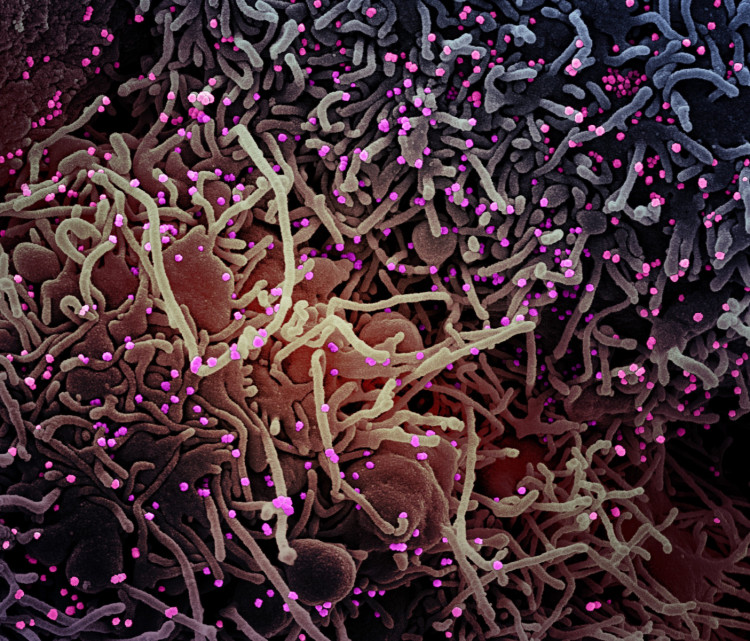Indonesia's health care system is pushed to its limits by an explosion of new COVID-19 cases.
Indonesia for the first time posted more than half a million total cases - 502,110 Monday according to the latest figures: a record that made Indonesia the most COVID-19-infected country in Southeast Asia. The number also made Indonesia the 21st most infected country, based on data from Worldometers.
It also compelled the U.S. Centers for Disease Control and Prevention to keep Indonesia at its level-4 health warning. Level 4 means a very high level of COVID-19 - which Centers for Disease Control and Prevention defines as more than 100 cases per 100,000 people over 28 days.
Indonesia health experts warn the country is losing its struggle against COVID-19. One epidemiologist said infection rates are "still increasing in all provinces.. nowhere has reached its peak."
Some public health experts admit shortfalls in testing and contact tracing mean the real numbers of cases and deaths are likely to be significantly higher than official figures.
They point to the epicenter Jakarta where the disease continues as a result of loose social restrictions remaining in place until the end of next week.
Doni Monardo, chair of the COVID-19 Task Force and also head of the National Disaster Mitigation Agency, has called for action to ensure hospital occupancy doesn't increase as fast as it has been as a result of the rise in new cases.
The increase in cases has seen more than 4,000 new cases a day from Nov. 18 to Nov. 23. There were 4,442 new cases Monday, 4,360 Sunday, 4,998 Saturday, 4,792 Friday, 4,798 Thursday and 4,265 Wednesday.
Monday's data showed the seven-day average of new daily infections hit a record 4,495. The positivity rate was 16% for three successive days.
Along with the jump in new cases Monday came 118 more deaths that brought deaths from the disease to 16,002 since the pandemic began.
Bandung, West Java, is seeing an 88.8% occupancy of beds in 27 referral hospitals.
"If it happens in West Java, it doesn't necessarily happen elsewhere," said West Java epidemiologist Dr. Panji Fortuna Hadisoemarto .
"But looking at the trend, it is still increasing in all provinces...Nowhere (has it) reached its peak."






